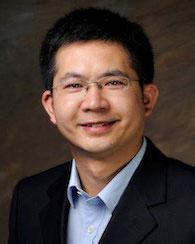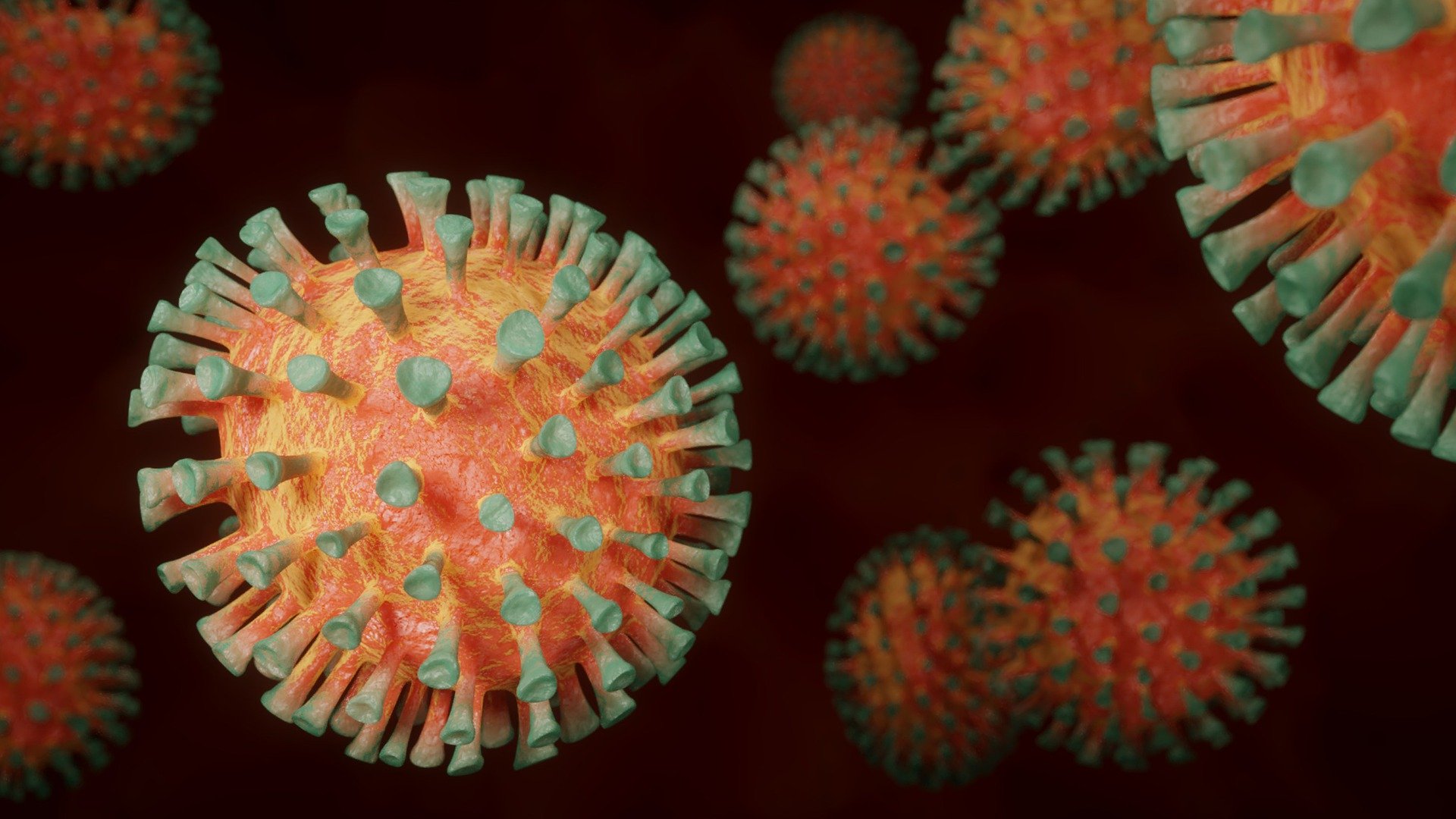A UConn Health researcher and Biomedical Engineering faculty member, Dr. Changchun Liu, in collaboration with a researcher at the University of Nevada, Las Vegas, has received a National Institute of Health (NIH) R21 award for their project, “Durable Self-cleaning Fluorinated Graphene Oxide Coated N95 Respirators.”
Liu’s lab is developing rapid, sensitive, molecular diagnostic technology and devices for pathogen detection, with a focus on point-of-care diagnostics of infectious diseases such as SARS-CoV-2, HIV, ZIKV, and various cancers. Of particular interest in context to the COVID-19 pandemic, the team Liu is leading has developed different molecular diagnostics technologies for SARS-CoV-2 detection, such as AIOD-CRISPR assay, and digital warm-start CRISPR assay. The team’s AIOD-CRISPR technology has recently been licensed by UConn.

“In addition to these technologies, we also have developed simple, low-cost, point-of-care diagnostic devices and systems for SARS-CoV-2 detection,” says Liu. “This NIH grant will allow us to support Dr. Hui Zhao, a principal investigator (PI) at University of Nevada, Las Vegas, whose team will spray-coat superhydrophobic, a highly fluorinated graphene oxide, onto the outer surface of N95 respirators to develop a superhydrophobic N95 mask.”
These superhydrophobic-coated N95 masks, Liu explains, not only prohibit respiration droplets from accumulating on the mask surface, but also reduce the contamination of pathogens, especially the SARS-CoV-2 virus.
“In this project, our lab at UConn Health will develop a simple and sensitive SARS-CoV-2 quantitative detection approach to evaluate the performance of the superhydrophobic N95 mask in terms of virus accumulation and prevention,” Liu explains. “We will use our recently developed digital warm-start CRISPR (WS-CRISPR) assay to quantify the SARS-CoV-2 virus in the superhydrophobic N95 mask surface, enabling a simple, sensitive and reliable quantitative detection of the virus.”
As previously reported, researchers in the Department of Biomedical Engineering, a shared department in the schools of Dental Medicine, Medicine, and Engineering, began to develop a new, low-cost, CRISPR-based diagnostic platform to detect infectious diseases, including HIV and the novel coronavirus (SARS-CoV-2).
Led by Liu, the “All-In-One-Dual CRISPR-Cas12a” (AIOD-CRISPR) method enables simple, rapid, ultrasensitive, visual detection of SARS-CoV-2, intended for use at home or in small clinics. In September 2020, Liu and his research team validated the clinical feasibility of the platform using COVID-19 clinical swab samples.
According to Liu, UConn has submitted a provisional patent application on this digital warm-start CRISPR technology. UConn is a subcontractor of this N95-related NIH award over two years; the total award is for $346,760.
“Masks play a significant role in preventing COVID-19 spread and infection,” says Dr. Ki H. Chon, John and Donna Krenicki Endowed Chair Professor, and head of Biomedical Engineering at UConn. “This work is vitally important and timely. If this research pans out as hoped, down the road we may all be wearing Changchun’s respirator to protect us from COVID-19 . . . how cool would that be?”



